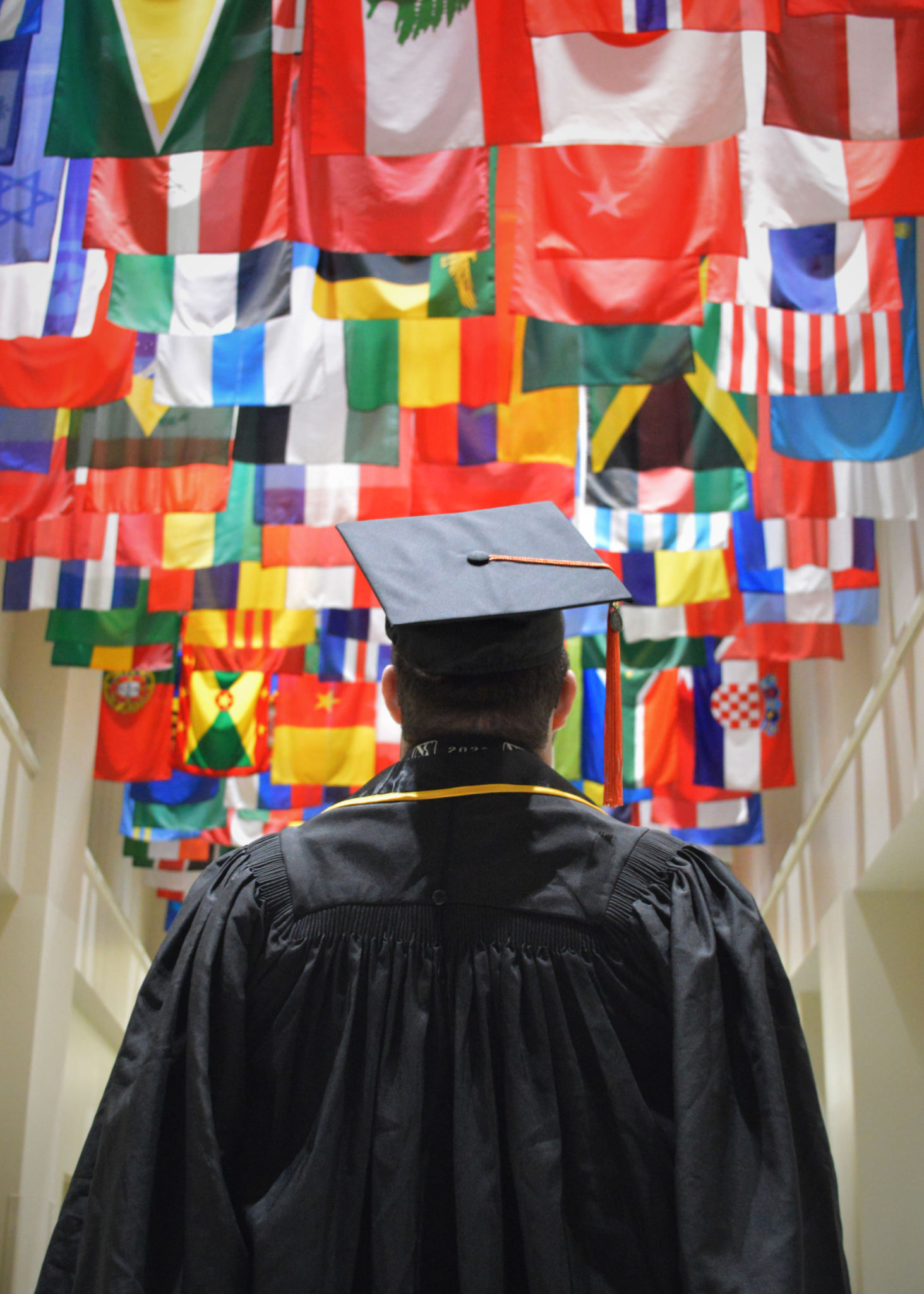Common Myths About Studying Abroad Debunked by Education Experts
Studying Abroad is Only for the Wealthy
One of the most pervasive myths about studying abroad is that it is only accessible to those with deep pockets. However, education experts point out that there are numerous scholarships, grants, and financial aid options available to students from all economic backgrounds. Many programs are designed to make international education affordable and accessible. It's crucial to research and apply for these opportunities early to secure funding.
Additionally, some countries offer tuition-free education for international students, particularly in Europe. With proper planning, studying abroad can be a financially viable option for many students.

Language Barriers Make It Impossible
Another common misconception is that language barriers make studying abroad unfeasible for many students. While it's true that language can be a challenge, most universities offer courses in English or have intensive language programs to help students acclimate. Education experts suggest starting language preparation well before departure to gain confidence and improve communication skills.
Moreover, living in a foreign country provides an immersive environment that naturally enhances language acquisition, often resulting in fluency much faster than classroom learning alone.
Studying Abroad Delays Graduation
Many students worry that taking time to study abroad will delay their graduation. However, with careful planning and coordination with academic advisors, students can often transfer credits earned abroad back to their home institutions. Some programs are specifically designed to fit within the academic schedule, ensuring students remain on track to graduate on time.

Furthermore, the experience gained while studying abroad can enhance a student's resume, making them more attractive to future employers and potentially accelerating their career progression.
It's Difficult to Make Friends and Feel at Home
The fear of being isolated in a foreign country is a common concern. Yet, education experts emphasize that study abroad programs often include orientation sessions and social activities designed to build community among international students. Many students form lifelong friendships during their time abroad.
Engaging in local clubs, activities, and volunteer opportunities can also help students integrate into their new environment and feel more at home. Embracing the cultural differences and being open to new experiences can lead to fulfilling and enriching relationships.

Studying Abroad Is Not Relevant to My Career
Some students believe that studying abroad may not directly relate to their career goals or field of study. However, education experts argue that the soft skills gained—such as adaptability, communication, and problem-solving—are highly valued in today's global job market. Additionally, exposure to different cultures and business practices can provide unique insights and perspectives that are beneficial in any career.
Employers often view candidates with international experience as resourceful and independent, qualities that stand out in a competitive job market. Thus, studying abroad can be a significant asset in building a robust professional profile.